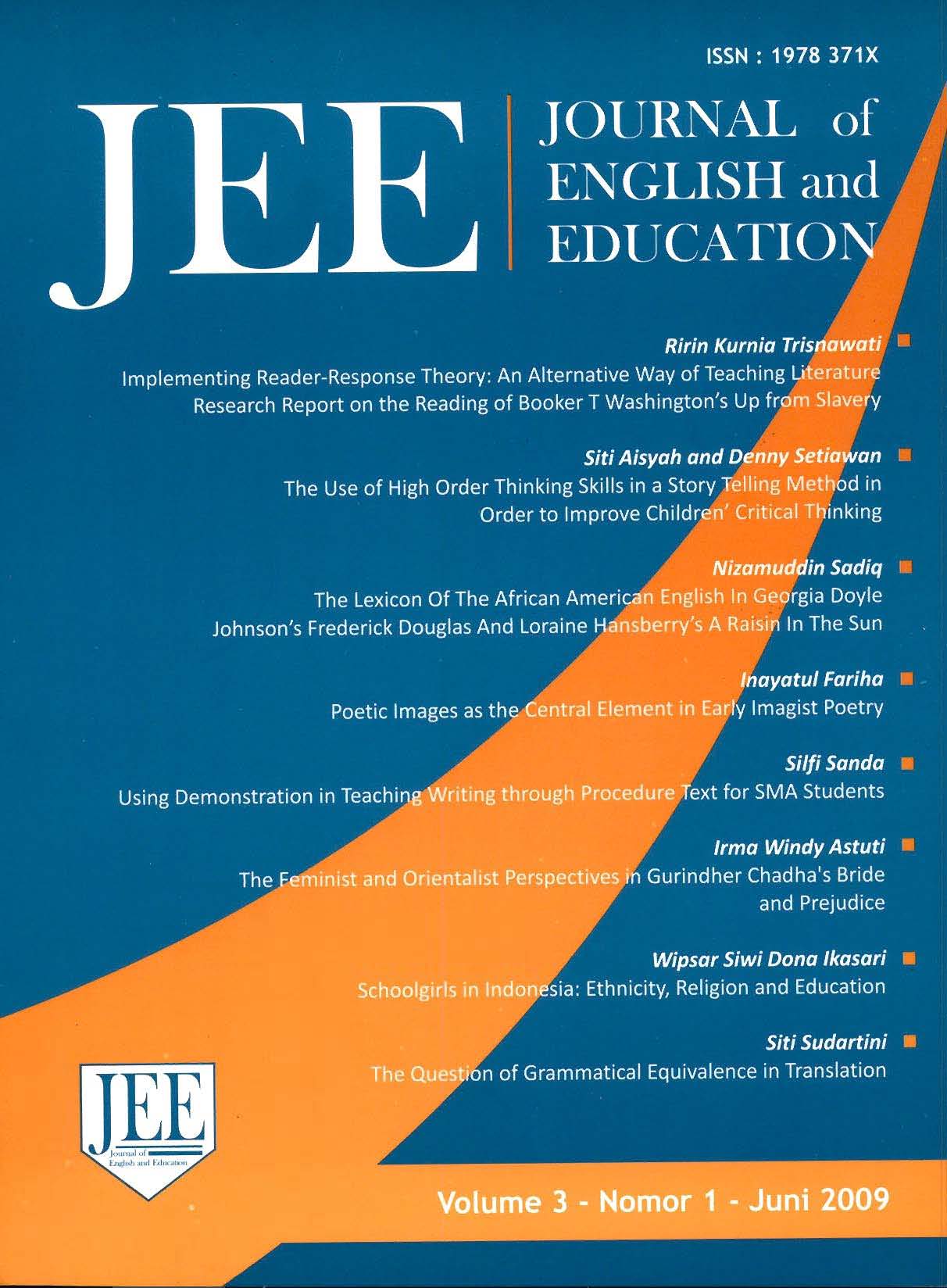Main Article Content
Abstract
This paper examines major historical and political events during New Order Era (Suharto's regime) and the Reformation Era. These two eras have shaped and continue to shape ethnic and religious identities of Indonesian in contemporary Indonesia. Using four conceptual frameworks of gender, ethnicity, religion and schooling, individual and collective experiences of Indonesian schoolgirls are scrutinized. Indonesian schoolgirls negotiate ethnic and religious practices and traditions as well as global flows of culture, creating new identities. Local cultures are capable of negotiating with the global flows which creates hybridity (Nilan & Feixa, 2006). Nilan's (2006) study in Indonesia shows that Muslim youth in Indonesia can negotiate their Muslimness with the global flows. With several high schools in Indonesia currently pioneering a program of being one of an 'international standard senior high school' to improve education quality and competitiveness in senior high school level, both nationally and internationally, schoolgirls in Indonesia continue to negotiate their identities producing 'hybrid' identities.
Keywords
Article Details
Copyright (c) 2016 JEE, Journal of English and Education

This work is licensed under a Creative Commons Attribution-ShareAlike 4.0 International License.
Authors who publish with this journal agree to the following terms:
- Authors retain copyright and grant the journal right of first publication with the work simultaneously licensed under a Creative Commons Attribution-ShareAlike 4.0 International License that allows others to share the work with an acknowledgment of the work's authorship and initial publication in this journal.
- Authors are able to enter into separate, additional contractual arrangements for the non-exclusive distribution of the journal's published version of the work (e.g., post it to an institutional repository or publish it in a book), with an acknowledgment of its initial publication in this journal.
- Authors are permitted and encouraged to post their work online (e.g., in institutional repositories or on their website) prior to and during the submission process, as it can lead to productive exchanges, as well as earlier and greater citation of published work (See The Effect of Open Access).

